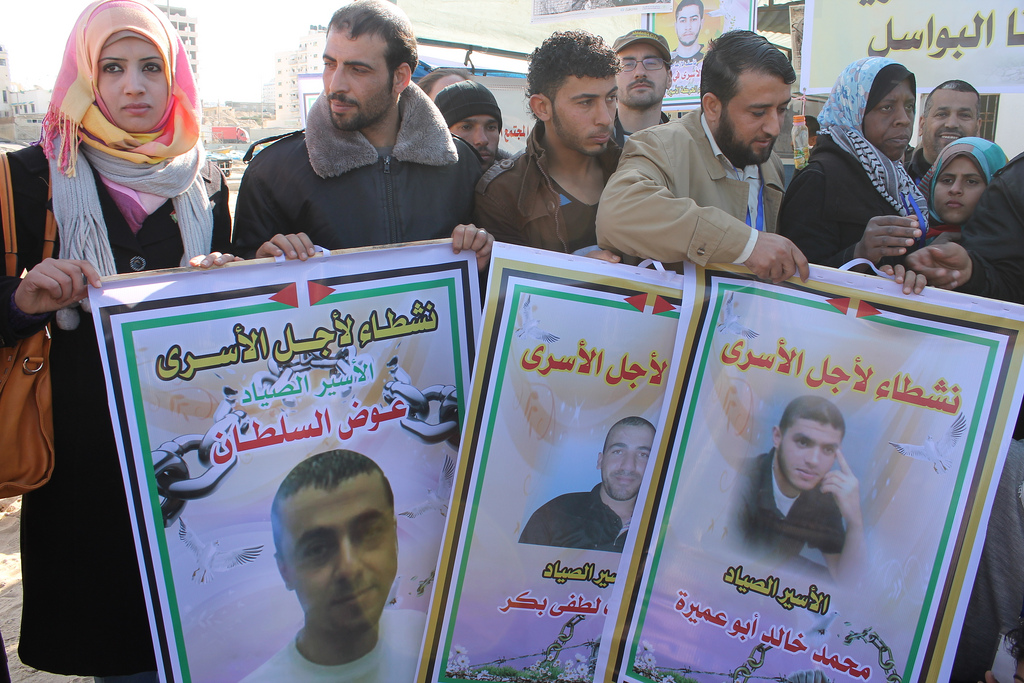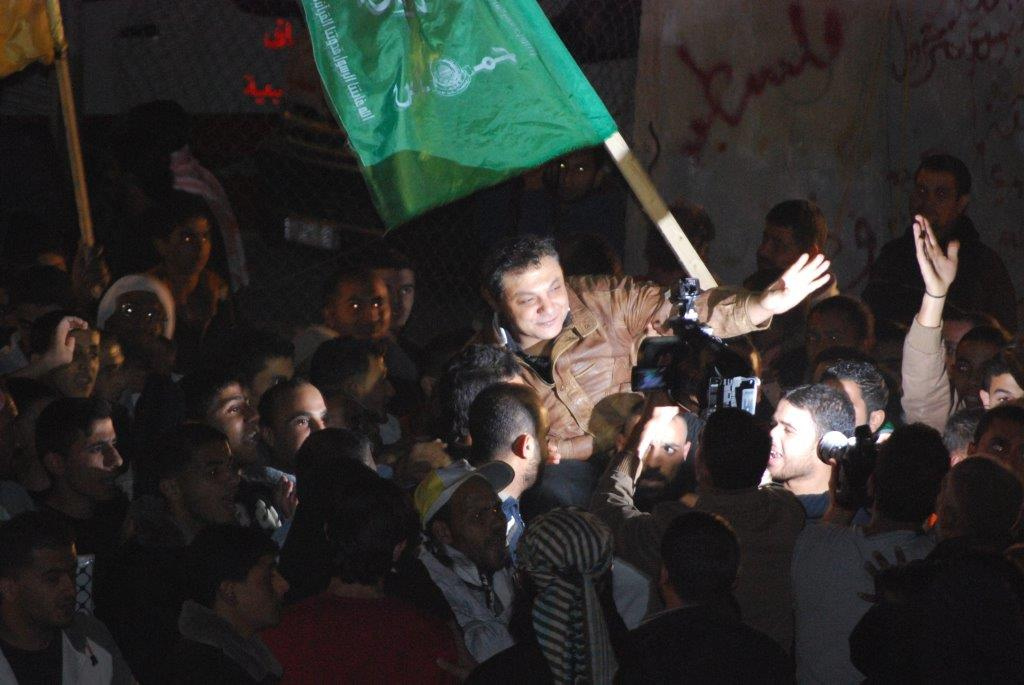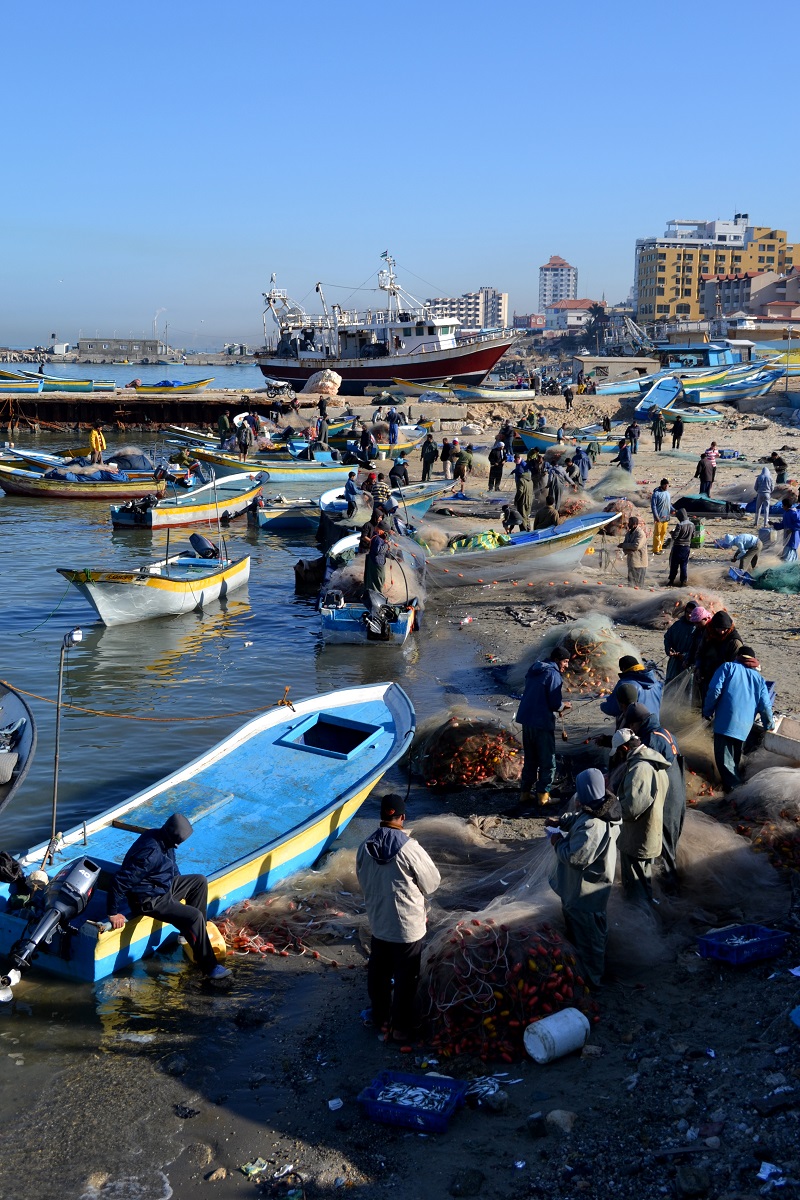Tag: Gaza Siege
-

Gaza fishermen suffer 85 percent income loss as Israeli siege, attacks continue
4th January 2014 | The Electronic Intifada, Joe Catron | Gaza City, Occupied Palestine On 17 December, Palestinian fishermen and their supporters erected a tent — a traditional venue for protest, as well as celebration and mourning — inside the Gaza seaport. “It was to highlight the situation, the crimes of the Israelis against fishermen here,” said Amjad al-Shrafi, treasurer…
-

Metaphor in Gaza
23rd December 2013 | International Solidarity Movement, Charlie Andreasson | Gaza, Occupied Palestine You stand below a dam because you have discovered cracks where water leaks out. You try to seal them with your bare hands, but they are not enough. The pressure is too high, and the cracks too large. And you scream for…
-

Gaza: “Free the Holy Land sea”
23rd December 2013 | International Solidarity Movement, Rosa Schiano | Gaza, Occupied Palestine “Free the Holy Land sea” was a three-day protest by fishermen in Gaza which began on Tuesday, 17th November. The fishermen, supported by the Palestinian Center for Human Rights and al-Mezan Center for Human Rights, set up a tent at the Gaza…
